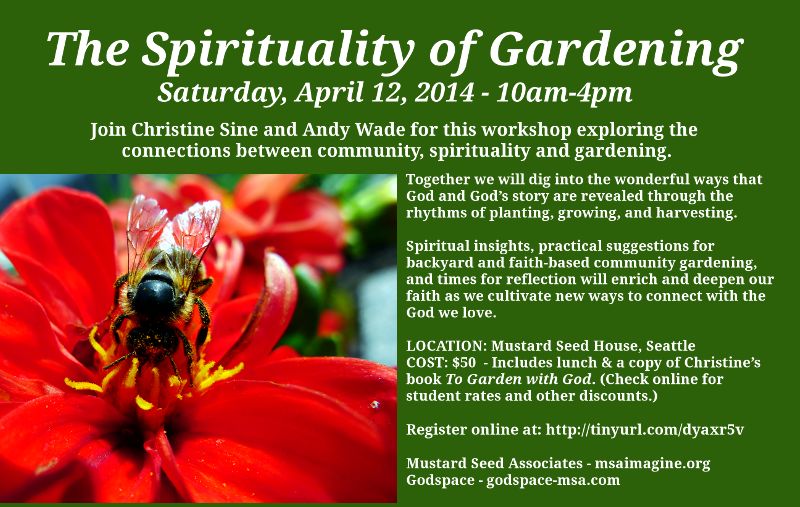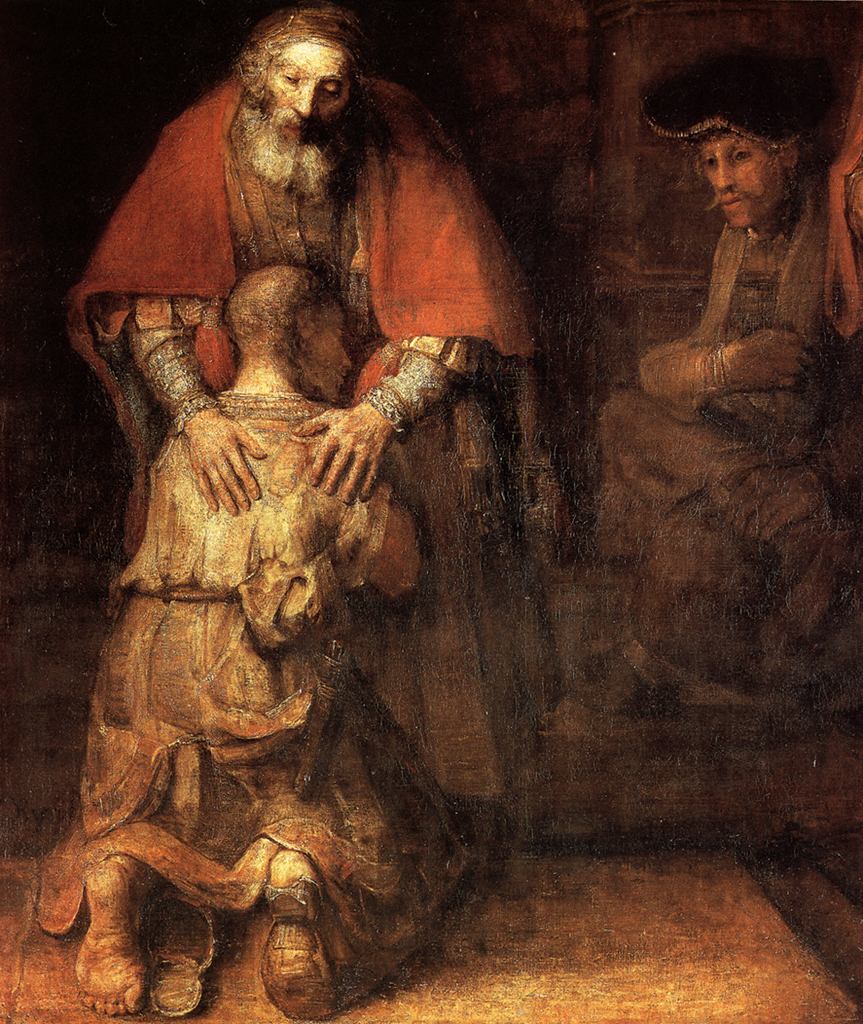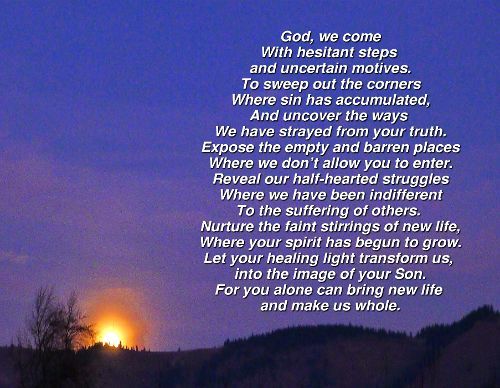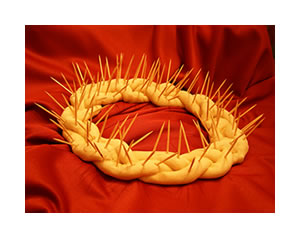Spring has definitely come to Seattle. Today we expect it to reach 72F and I have itchy feet to get out and clear all the weeds before the garden seminar on Saturday. I know that will not happen but it did prompt me to send out this reminder.
There is still time to sign up for the Spirituality of Gardening seminar, and perhaps more importantly, time to order your tomato plants and other vegetable starts for the year. You can download the plant order form here.
Or perhaps you would like to swing by May 3rd for our first ever plant sale. This would be a great opportunity not just to pick up plants, purchase books and show your support for the work of Mustard Seed Associates but also to say hello and check out the garden here at the Mustard Seed House. As well as an array of vegetable starts we will have geraniums and other summer flowers, Snohomish garden soap and lotion bars (only $6 at the sale), and other MSA resources. We hope that you can join us.
This last weekend has been a garden weekend for me. I have planted the early garden with cauliflowers, cabbages, broccoli, lettuce, Chinese greens, carrots and beets. I use the square foot method – lots of diversity close together for maximal yield and minimal pest control. I start with well composted soil and try to balance those crops that need lots of fertilizer and drain the soil with those that need little fertilizer and are a net gain to the soil. Monoculture demands more fertilizer and pesticides.
At my Spirituality of Gardening seminar on Saturday I will tell participants that one of the most nutritious plants in the garden is the dandelion. The roots can be used for tea, the leaves for salad and the flowers for jelly. It helps to hold the soil together and to bring nutrients up to the surface from deeper down within the soil.
In the garden variety is the spice of life and weeds are an important part of that variety. I think that it is meant to be the same in the body of Christ. We need variety of belief, doctrine and understanding of the truths of God, to build up the soil and reduce the pests so that we can get the best harvest. We need the death of our old understandings to create the most precious nutrient for our soil – compost. And often some of the most important plants (read people here) are those at the margins, the ones that we want to yank out and get rid of, the ones that disrupt our doctrinal certainty and make us uncomfortable – like the mentally ill, the gay and lesbians, the doubters, people of other religions and even the atheists in our midst.
It is no wonder Christ emphasized the need for love not doctrine to hold the body of Christ together. He knew that we were not all meant to think alike or look alike. A variety of doctrines are not only acceptable to God but necessary for God’s family to be healthy. The more alike we all look, the more we insist that there is only one acceptable doctrinal viewpoint, the less adaptable, the less healthy and the less productive we become. The more alike we look, the more “fertilizer” we need and the more “pests” attack us. As Samir Selmanovic says in his fascinating book Its Really All About God we need atheists to ask the questions we are afraid to ask ourselves and we need people of other faiths to broaden our understanding of God. And we need those at the margins to pull us out of our self righteousness and remind us that we are all sinners, only acceptable because of the grace of God. Christ came to the unacceptable and those outside the synagogue, not to the Pharisees and the Sanhedrin.
Jesus reached out to the unacceptable – the Samaritans, prostitutes and lepers – and did unacceptable things in the spirit of love and asks us to too.
Unbind us Lord that we might live,
Unbind us from our sins,
From our prejudices
And our lack of love.
Unbind us Lord that we might live,
Live in unity,
and in peace,
and in love.
This post is now part of a Synchroblog centered on Bridging the Divides and ideas and perspectives that different bloggers might have on ways to heal these divisions in the church. It doesn’t take a rocket scientist to know that Christianity is continually dividing these days. Huge chasms have formed between conservative and liberal camps. Theological positions are becoming more solidly entrenched. Differing views on biblical interpretation are separating us, creating walls that separate us from living in community together. Churches are splitting. Organizations are finding themselves in the middle of the fray, unsure how to proceed because of the cost of landing on one side or the other. We hope these posts will bring a healing balm this Easter season.
Here’s the list of other bloggers contributing posts related to healing the divides this month:
- The Virtual Abbess – Abi and April’s Synchroblog – Bridging the Divides
- Caris Adel – Emotional Pacifism: Laying Down My Weapons
- Ty Grigg – Speak Truth
- Jon Huckins – Gay Marriage, World Vision, and a Unified Church?
- Mark Votava – Faith Presence in the Parish
- Mary at Lifeinthedport – let us meet in the borderlands
- Michael Donahoe – Healing Divisions in the Body of Christ
- Jeremy Myers – Unity vs. Uniformity in the Church
- Juliet at Still Learning – A Catholics Love Letter to Evangelical Women
- Dago at Scripture Insights – Jesus the Divider
- Glenn Hager – The Lowest Common Denominator
- Sarah Quezada – Standing on Church Bridges
- Doug Webster – Truth Is Not a Process, Belief Is
- Michelle Van Loon – Bridging the Divide
- Happy at Simple Felicity – are we there yet?
- Travis Klassen – The Church: Coming, Going, or Being
- Bec Cranford – Biblical Interpretation and Inerrancy: Moving beyond myopia to a grander vision of unity
- Teresa Pasquale – Bridging the Divide: Translating Between Dialects, Culture Contexts, and Heart Stirring
- Miguel Labrador – I might be willing to reconsider church hierarchies, if…
- Paul Meier – Healing the Divides Begins Within
- Liz Dyer – You Can’t Get There From Here
- K.W. Leslie – Humility
- Kathy Escobar – 10 ways we can build bridges instead of bomb them
- Loveday Anyim – The “non-Gospelized Rituals” of Pentacostalism
- Caedmon Michael – Bridging the Divides
- Carly Gelsinger – “Church Shopping” at the Wrong “Mall”: A Story of Easter Sundays
- Mallory Pickering – A Splintered People
- Pastor Edwin Fedex – Tearing Down Fences and Building Sidewalks
- Jen Baros – Bridging the Divides: How to Heal
- Phil Wyman – The Impossible Space Between Us
- Bronwyn Lea – When My Children Squabble
- Christine Sine – Unified by Love Not Doctrine
While volunteering at New Horizons Ministries in downtown Seattle, WA, I had the privilege of meeting and talking with street youth during drop-in hours on Tuesday evenings. Often, I heard stories with a common theme of young adults running away from home, mostly because of abusive circumstances between parents or other family members. Some believed that they would be able to seek refuge by living life on the streets only to discover how harsh, violent, and unforgiving life on the streets can really be. It is not uncommon for street youth to engage in substance abuse, prostitution, and violence. Some end up violating the law and going to prison, further complicating any progress of abandoning life on the streets and seeking steady employment.
The presence of a high number of street youth is no surprise in the Seattle area. Take a walk through downtown Seattle or the “Ave” in the University district and you will see dozens of young adults wandering the streets, asking for money, sleeping on ground, in doorways of buildings, or playing musical instruments. The statistics for the greater Seattle area are quite staggering. According to Ron Ruthruff, author of The Least of These: Lessons Learned from Kids on the Street and visiting professor of theology and culture at The Seattle School of Theology & Psychology:
In the greater Seattle area, an estimated 5,000 youth run away from home each year. Both nationally and in the Seattle area, about 50 percent of these runaways return home. An additional 25 percent of these people have their needs met through service-delivery agencies. The remaining 25 percent of runaway youth, approximately 1,5000 to 2,000 on King County, begin a journey to hard-core street life.
This means that the other half of street youth do not return home and are either living on the streets today or are relying on agency services or perhaps friends for shelter.
I met Army [not his real name], a 20-year-old male from Issaquah, WA on my first day of volunteering at New Horizons. Army Joined the United States Army when he was 18. Unfortunately, he did not successfully complete training at artillery school and was discharged from the military. With that outcome, Army had made the decision to return home to live with his father. When Army called his father to tell him the news, his father had told him that since his son was a failure and did not complete training, he was not welcome back home. Army was heart broken and had nowhere else to go, he chose to live a life on streets. Army showed up one day at New Horizons wearing his uniform and holding a set of discharge papers in hand.
Army had previously lived in San Francisco and stated that the services for street youth there are not as adequate as the services offered in Seattle. Army constantly talked about carrying his knife for protection and had been arrested several times for selling marijuana. He stated that he was diagnosed with Hepatitis C and currently lives on the streets of Seattle with his “street wife,” a young 16-year-old girl who he considers his spouse, although the two have not gone through any religious or legal process to define their marriage.
The neglect that Army had endured gave him a loss of hope. He had no choice but to turn to the streets and sell marijuana to survive, or on warmer days sit with a sign or stand at a corner and ask passersby for money. “I would make up any story I could to make some money,” he said. In addition, Army often talked about the need to survive and the constant need to “watch your back.” I could see the adrenaline rushing through his body as he described what survival on streets was like: “I would always have my knife on me cause you never knew who was trying to steal from you or take your drugs and money,” he stated. Unfortunately, Army is one of the many street youth in the Seattle who constantly struggle to survive in any way they can. However, Army’s situation is not uncommon, additionally Ron Ruthruff stated that, “Kids on the street have their social and economic needs met through street developed relationships. Petty crime, prostitution, and drug sales become their way to survive. These activities contribute to their social status as well as their economic needs”. Forced to live on the streets, this has become the cultural norm and way of life for street youth.
Addressing the issue of poverty is a critical part of ministering and sharing the gospel for Churches to consider when spending time with homeless and street youth. The hopelessness of poverty needs to be transformed into hope because “to be poor means to be insignificant” and that is a deep struggle that many homeless and street young face on a daily basis. Sharing the message that Christ did not come from a house of privilege is a significant way in which churches can empower and inspire street youth. Through a message of faith and hope in Christ’s death and resurrection, street youth can discover a new paradigm and their own importance in society.
Due to the trauma homeless youth have faced, the Church must go about working with them in a more contextualized and open way. In addition the Church must strive to be an open and inviting place for homeless youth that will aid them in their journey towards transformation. Just as Christ has overcome the world so can the homeless youth in our society overcome their circumstances through partnering with the Church.
(an except from Rafael’s master’s thesis entitled Sharing the Gospel With Street Youth)
Bio
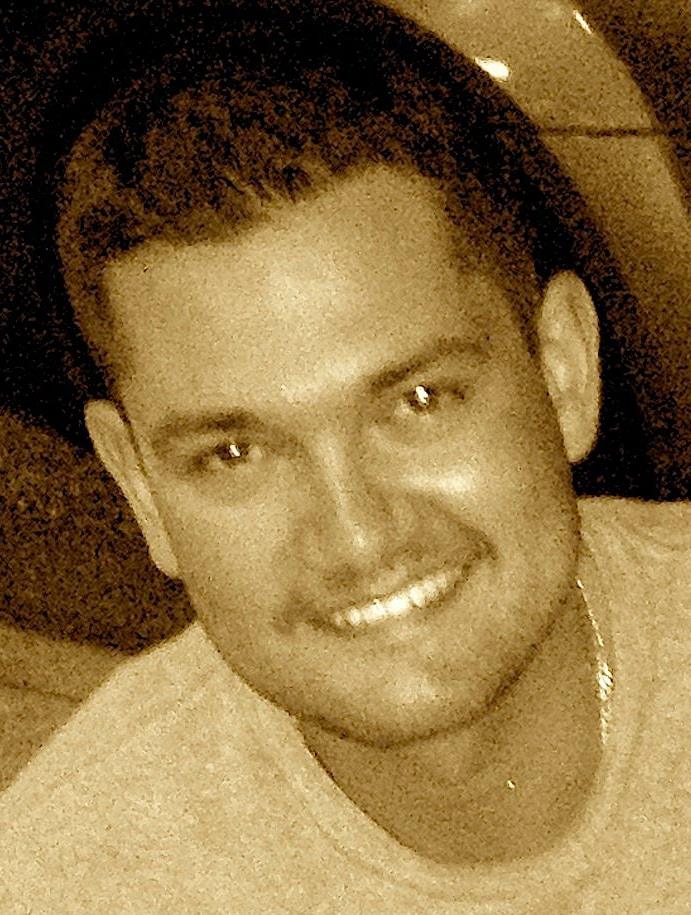 Rafael is a Brooklyn, NY native living and working in Seattle. He is an active duty Coast Guard member that spends his time volunteering with street youth in the Seattle area. Currently an M.A. candidate at Northwest University studying International Community Development, he has a heart for street youth and how the church can engage with them in a more impactful way.
Rafael is a Brooklyn, NY native living and working in Seattle. He is an active duty Coast Guard member that spends his time volunteering with street youth in the Seattle area. Currently an M.A. candidate at Northwest University studying International Community Development, he has a heart for street youth and how the church can engage with them in a more impactful way.
This page is out of date. Please see our latest version here.
This is another new list for me. I find that my resource lists for kids are some of the most popular that I post and want to make sure that I expand this aspect of what we provide.
Looking for acivities
Faith at home has some good suggestions on activities to participate in with children.
And Little Takas has a variety of colouring pages available for children of all ages.
Some great resources from the Iowa Farmer. Scroll down for ideas for a Last Supper with kids.
And a Messianic Passover for Families with Children
Catholic Mom has printable Stations of the Cross for Kids
And here are simple directions for making palm crosses
Or you might like to consider making Resurrection eggs
French Easter Bell craft because the bells stop ringing on Maundy Thursday and don’t ring again until the joyous sound of Easter Sunday.
Want to do some Easter gardening:
Or make this Easter garden from Ann Voskamp with your kids.
Or this simpler Easter Resurrection Garden
Looking for recipes:
Think of making Crown of Thorn bread or consider it as part of your whole Lenten experience
or the traditional English treat for Good Friday Hot cross buns
And I love these creative Easter story cookies
And think of sharing this with your kids
This is part of this series on Resources for Holy Week. Here are all the posts:
Will you or someone at your house get a new hat, shoes, or dress for Easter? In our family, Jenn (at age 7) still loves to pick out a new dress for Easter – and last year she thought she needed a purse and hat to go with it! Lately, I’ve been thinking about how God clothes us and calls us to clothe others.
In February, I attended a conference in North Carolina. Speaker Lauren Winner suggested that images of God often appear in threes in scripture. For example, God clothes us (Genesis 3), God is clothing (Galatians 3), and God calls us to clothe others (Matthew 25). And, God is homebuilder (John 14), God is home (Psalm 90), and God was homeless (Luke 9).
God as clothing. God as a home. God as homeless. During Lent, these images are giving me fresh glimpses of the One who is both a God of vulnerability and the God who shelters us.
Receiving keys to a home of one’s own can be transformational – as a recent 60 Minutes story showed. Here are 31 powerful “before and after” photos of participants in the 100,000 Homes Campaign, showing what a difference housing makes – after the dehumanization of living on the streets.
Reflecting on his experience in Nashville, Anderson Cooper, in this 60 Minutes Overtime video , says that, “We all have support networks. We all have a family, friends, and a job – things that support us when we trip. These are people who have burned through those support networks. And that’s really the only difference.”
While women and children served by Bridge of Hope are rarely part of the street homeless, they often face homelessness because of insufficient support networks. Bridge of Hope provides temporary rental assistance, a social worker, and trained mentoring friends from a local church – to be the support network for a family facing homelessness.
Anderson Cooper says he was transformed by his experience in Nashville. After the story, he talked (for the first time) to the homeless person who panhandles near his home, and he continues to do so.
Edith Yoder is Executive Director of Bridge of Hope National an organization dedicated to ending and preventing homelessness for women and children across the United States by calling churches to action.
This page is out of date. Please check out our updated resource list.
A couple of days ago I posted my updated list of Stations of the Cross but thought that you would also appreciate more general Good Friday resources. There are thousands out there so this is obviously just a sampling.
I have written a number of prayers in past years that you might like to look at.
Another prayer for Good Friday 2010
Lent and Beyond has just updated their Good Friday quotes, poems, prayers and hymns and other resources including music and devotionals for Good Friday.
Textweek.com is always alive with wonderful resources for the season.
Some excellent Good Friday Service Ideas at Journey of Worship.
A beautiful communion liturgy from Sacredise in South Africa.
And from Bosco Peters in N.Z. a Good Friday liturgy
Gone is the Light is a powerful reflective song by Steve Bell.
This is part of this series on Resources for Holy Week. Here are all the posts:
Resources for Maundy Thursday:
Resources for Celebrating Holy Week With Kids:
As an Amazon Associate, I receive a small amount for purchases made through appropriate links.
Thank you for supporting Godspace in this way.
When referencing or quoting Godspace Light, please be sure to include the Author (Christine Sine unless otherwise noted), the Title of the article or resource, the Source link where appropriate, and ©Godspacelight.com. Thank you!

